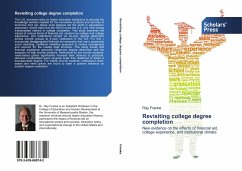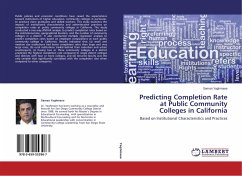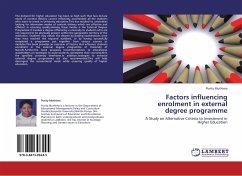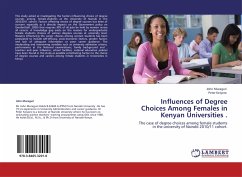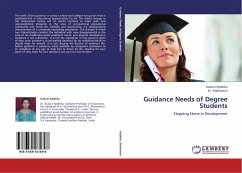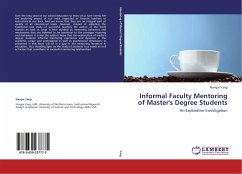The U.S. economy relies on higher education institutions to educate the knowledge workers needed for the innovative products and services of tomorrow. And yet, where once America led the world in educational attainment, recent data from the OECD ranks the U.S. only 16th among industrialized nations in college completion. This study examines the impact of various forms of financial aid, student pre-college and college experience, and institutional context on six-year degree attainment across income groups at 4-year institutions in the U.S. For this, I incorporate disaggregated financial aid measures and use a propensity score matching, multilevel modeling approach to reduce endogeneity and account for the nested data structure. This study shows that financial assistance generally influences degree attainment with the exception of high income students. Particularly for low income students, need-based grants significantly increase their chances to graduate, whereas unsubsidized loans severely lower their likelihood to obtain a baccalaureate degree. For middle income students, institutional need-based and merit grants are found to exert a positive influence on student degree completion
Bitte wählen Sie Ihr Anliegen aus.
Rechnungen
Retourenschein anfordern
Bestellstatus
Storno

